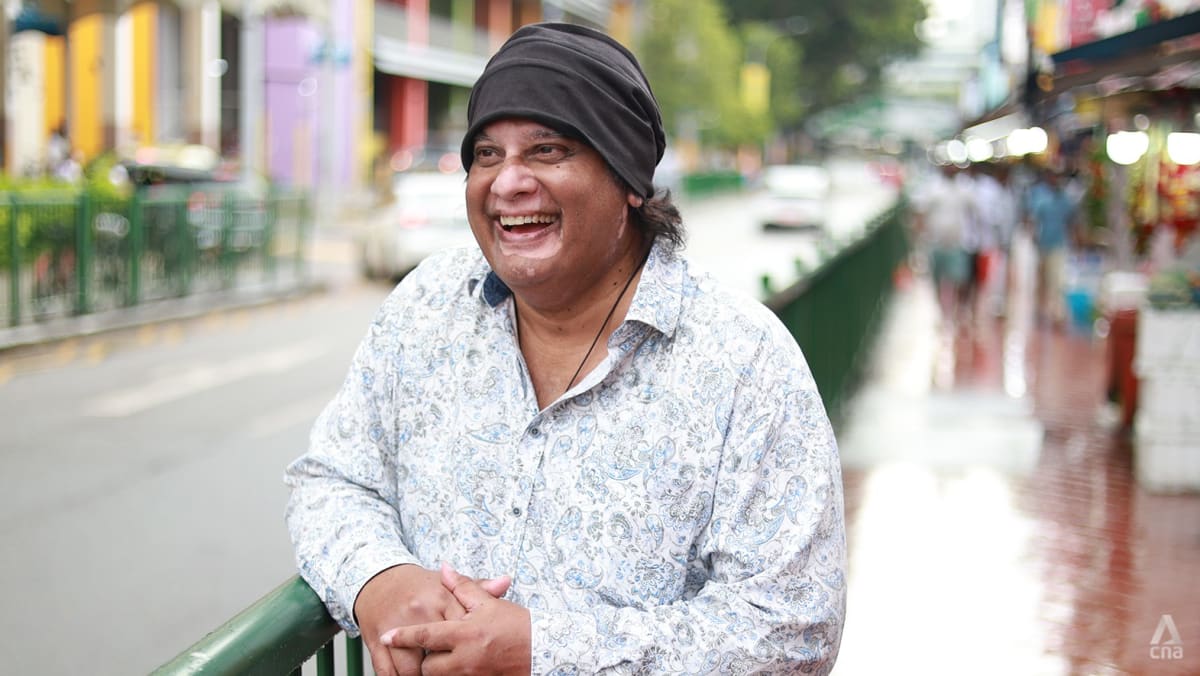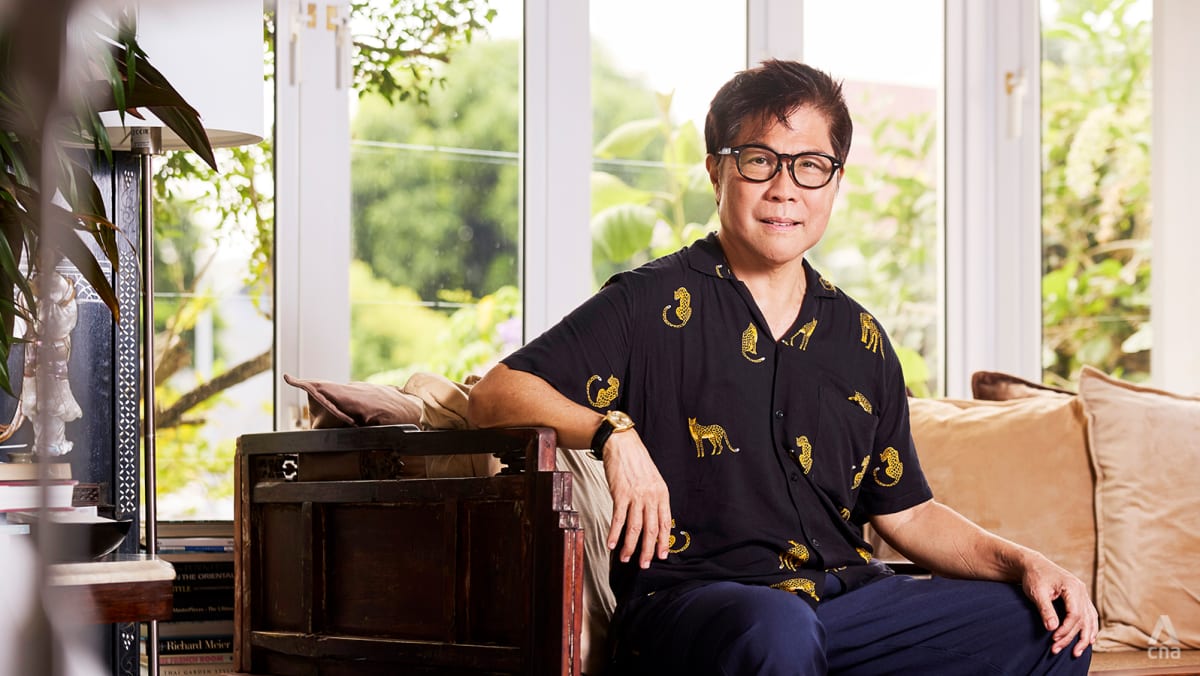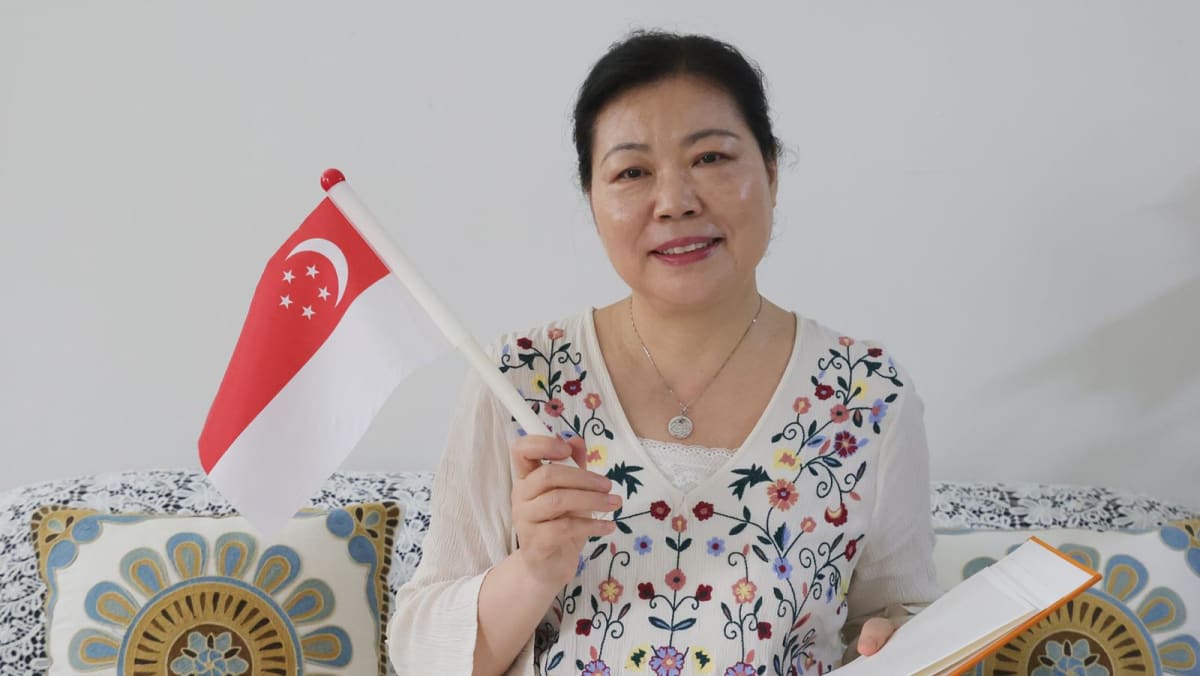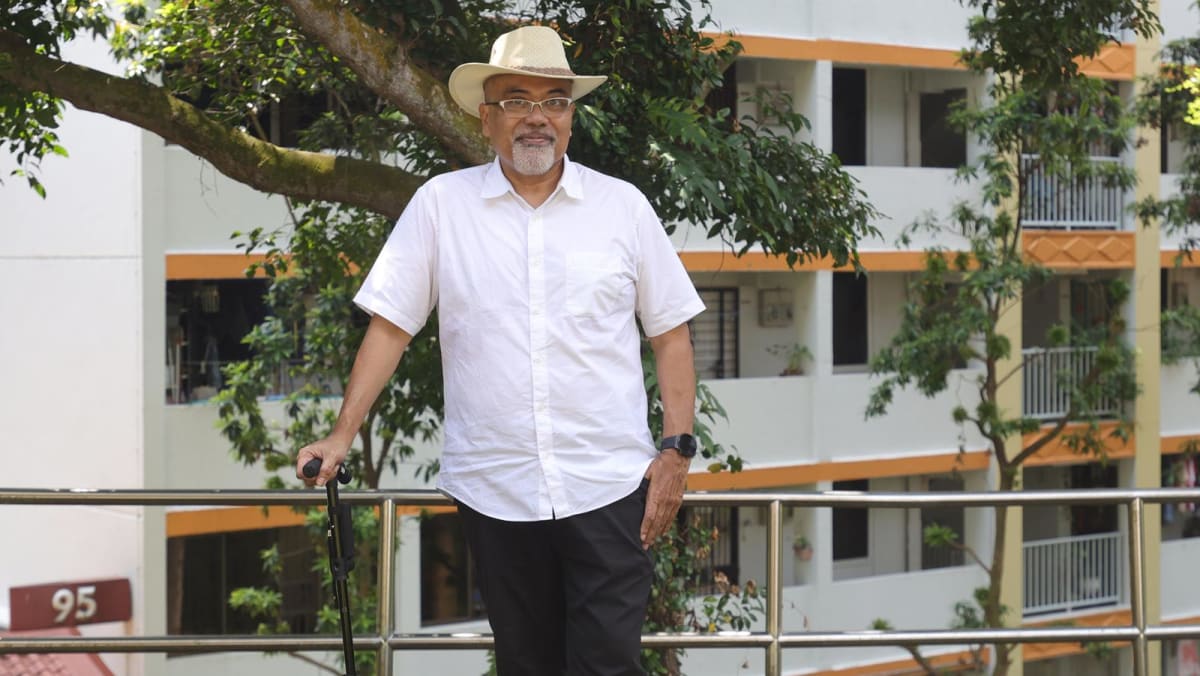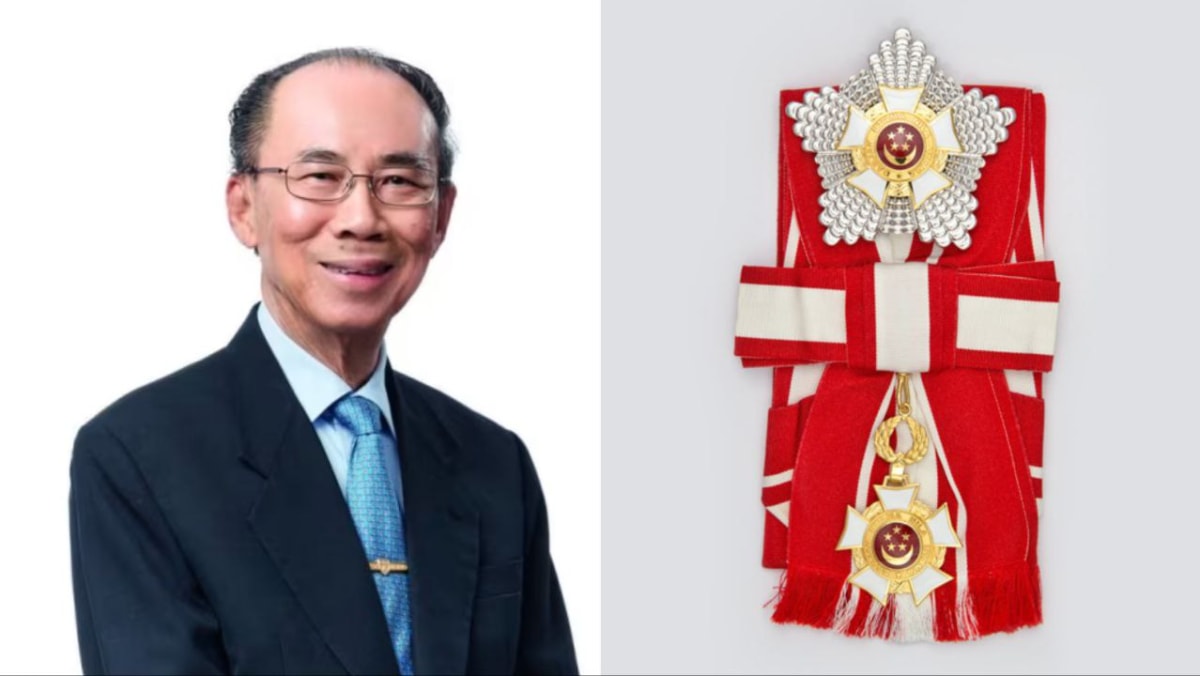He wrote and directed I Can’t Sleep Tonight in 1995, drawing inspiration from a whole host of people he met while moonlighting at a motel in Little India: refugees fleeing their countries, a woman conned into becoming a sex worker, and a druggie backpacker trying to evade the law.
That film, and two others from 1996 to 1997, won three consecutive Special Jury prizes at the Singapore International Film Festival – a hat-trick of scoops that cemented his reputation as one of the country’s most compelling voices in cinema.
I was thus puzzled when he told me he felt as though he still hadn’t reached a certain “level” to call himself a filmmaker, even after the success of A Yellow Bird. Why?
“Because I’ve watched some amazing films by amazing filmmakers. There are too many, and when I watch them, I just feel so inadequate. I think I have so much more to learn.”
Perhaps it is also to do with the fact that he never had a “proper” film education, he said.
“But my films are my experiences. They’re personal, they’re a very good way to express what I feel, and that’s why I’ve stayed true to it.”
ALL SINGAPOREAN, YET ALMOST BRITISH
Every film Mr Rajagopal has made is rooted in Singapore. They may explore different themes, but all of the characters live and breathe in the same places he has.
This is by design. “I feel that this is where I’m at my best,” he said.
“It’s very important because I am trying to talk about Singaporeans, and I relate to the people and to things that happen in this country.
“I like to examine our differences and similarities. I want to present different perspectives and not to judge. That’s why I make films in Singapore – because I’m Singaporean.”
Yet, life might have turned out quite differently for Mr Rajagopal.





